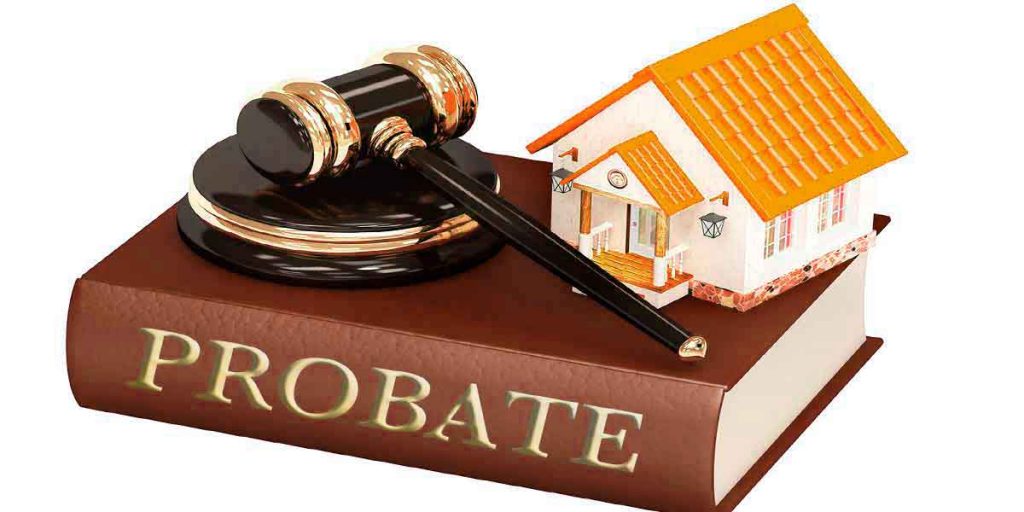Probate is a legal process which allows a deceased person’s assets to be transferred correctly to the beneficiaries/heirs, while giving creditors the chance to claim what they’re owed, and for income and estate taxes to be paid if the estate is subject to such taxes.
There are so many expenses to be incurred during probate, not to talk of its length and complicatedness. Because of that, many people seek ways to avoid probate. And one of the ways to avoid probate is by owning property by joint tenancy.
Joint tenancy
In a joint tenancy ownership, at least two people own a common property with both having equal rights to the property. For example, you could own your house jointly with your spouse. Both of you have 50/50 ownership of the house as joint tenants. You cannot sell or bequeath the property or any part of it without your partner’s consent.
And the distinctive characteristic of a joint tenancy ownership is that there are rights of survivorship, that is, the surviving owner has full rights to claim the property fully when the other partner dies.
Hence, no probate would be required for such a property since the rightful inheritor is already known.
But is that all?
How probate affects joint tenancy (the drawbacks)
· Account getting frozen
Now, it is possible that the property jointly owned is not real property but a bank account. It is also possible for the decedent to have died with a whole lot of debts.
In this case, the court is likely to freeze the account. This is even more likely if there is a chance that the surviving partner may liquidate the account in an attempt to avoid paying off their late partner’s debt.
Furthermore, the court may also freeze the account if they have good reason to believe that the joint owner made no contribution to the account. However, you as a surviving partner can escape this by acting in good faith.
· The surviving partner has full control to do whatever they want with the asset
Another demerit of joint tenancy ownership is that the decedent loses control over the asset. They have no say in what the surviving partner does with it. They can liquidate the account, sell the house or business, or bequeath it to someone else. In the end, your supposed legacy may be lost to another family altogether.
Tenancy in Common
Tenancy in common is an alternative to joint tenancy. Its features are different but however related.
Features of tenancy in common
· Fractional ownership
Say, you and your spouse own a property by tenancy in common. In this case, you do not have an automatic 50/50 ownership. Instead, you have a fraction of it. It could be 10%, 40% or even half as the case may be. And of this fraction which you own, you have full rights to sell or bequeath without consent from your partner.
· Asset can pass to heirs rather than the surviving partner
At your death, your will will determine who inherits your fractional ownership rather than automatically transferring to the surviving partner. However, you could also will it to the joint tenant.
· Tenancy in common does not avoid probate
Since your will determines where the asset goes, it means it must pass through probate. This is the drawback of holding assets by tenancy in common.
· Full access to assets
Should one partner become incapacitated or deceased, the other partner can access the asset, sell, or use as they want without waiting for court approval.
Final words
Joint tenancy with rights of survivorship and tenancy in common both have merits and demerits. While you lose control of assets in a joint tenancy ownership, you can have a say where they go when you pass away with a tenancy in common ownership. However, if you prefer to avoid probate, then joint tenancy may just be for you.
It all boils down to your needs.
Get help from an estate planning attorney
Strategic estate planning can ease your loved ones of so much burden when you pass away. And to do strategic planning requires experienced hands. An estate planning attorney can give you all the help you need. They can help you avoid probate and even help you better understand your options. In the long run, the cost of hiring one will be so worth it to your estate and your loved ones.
Need an estate planning attorney in New York? Give us a call.









